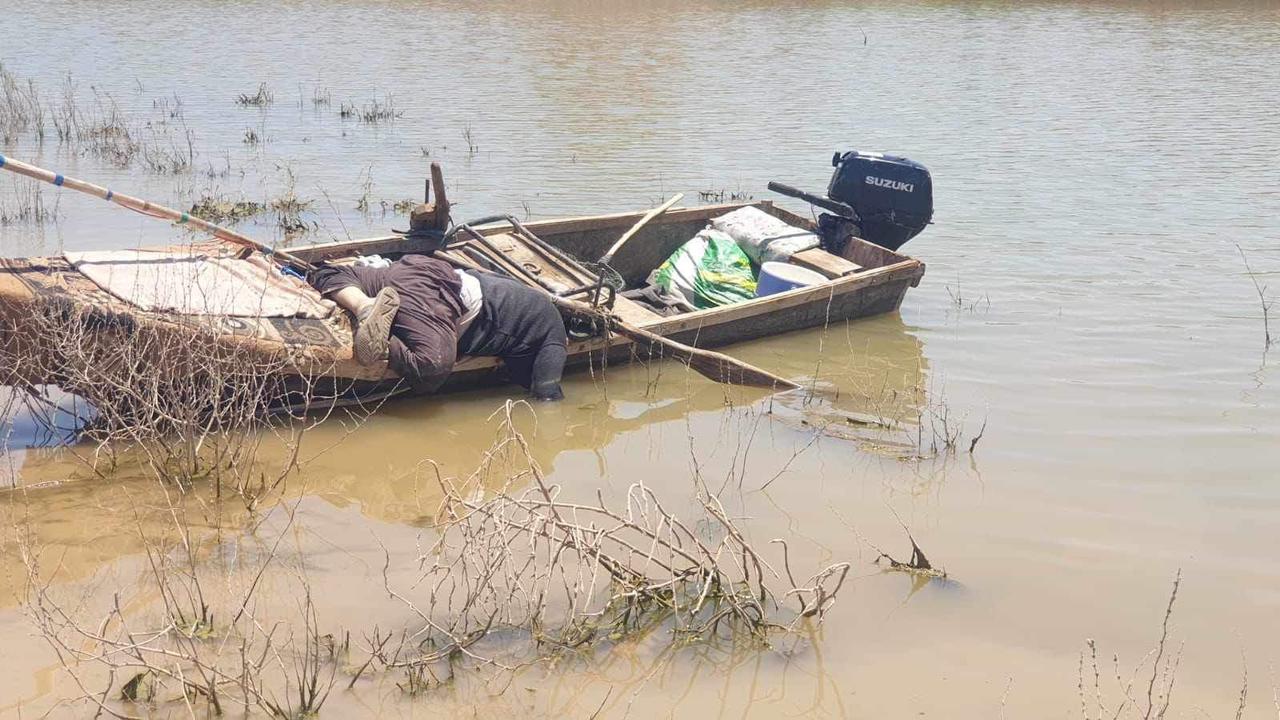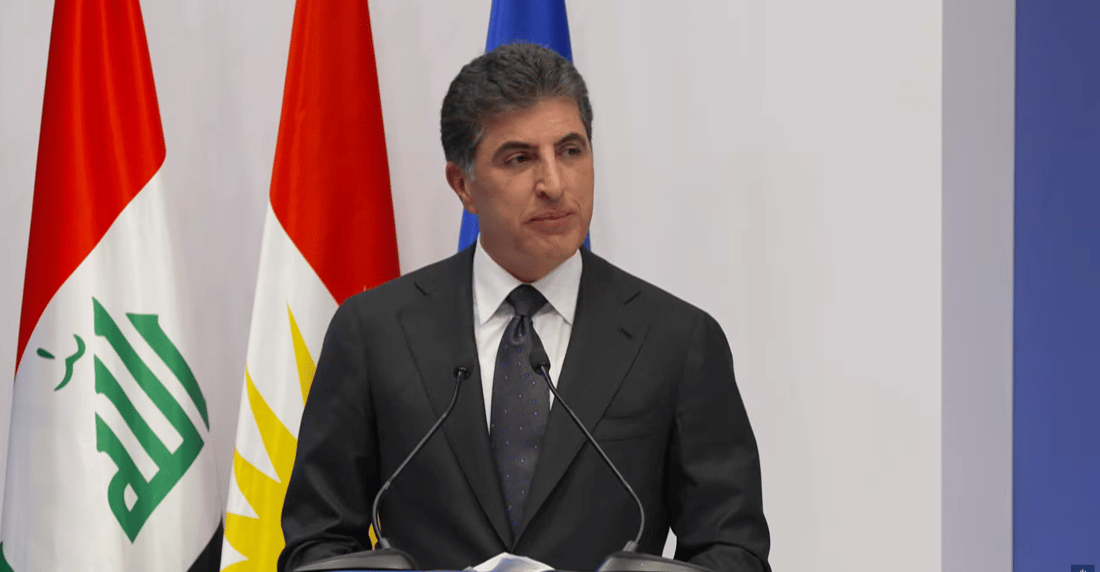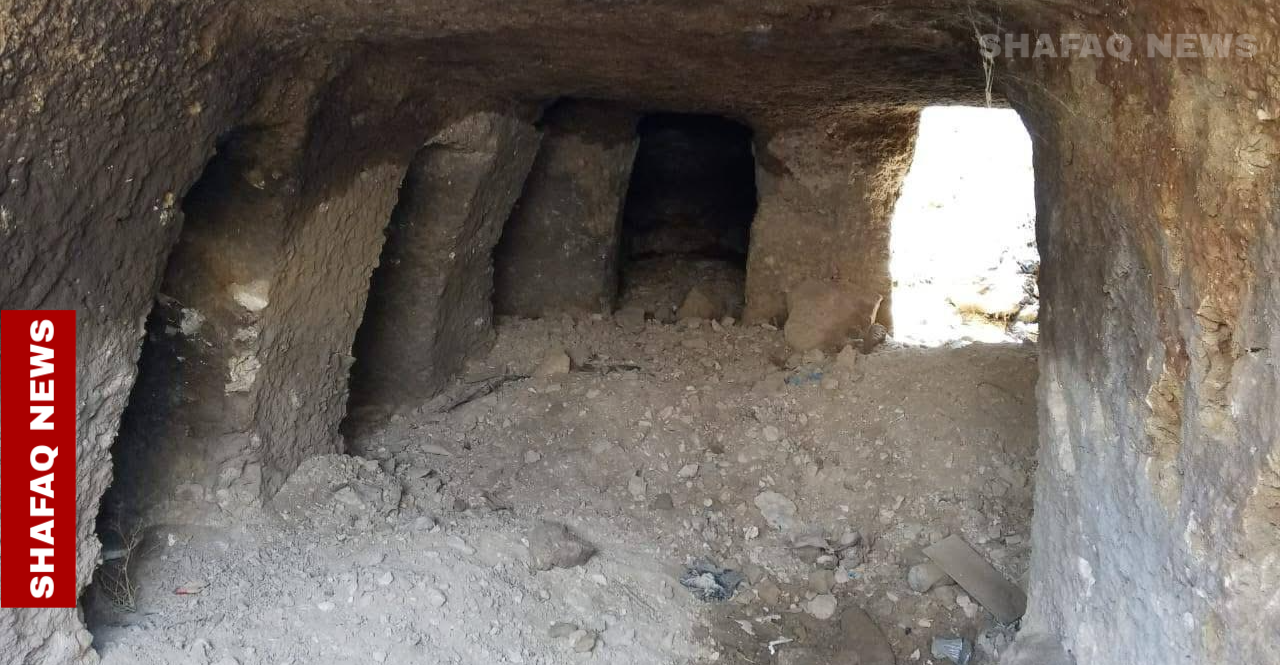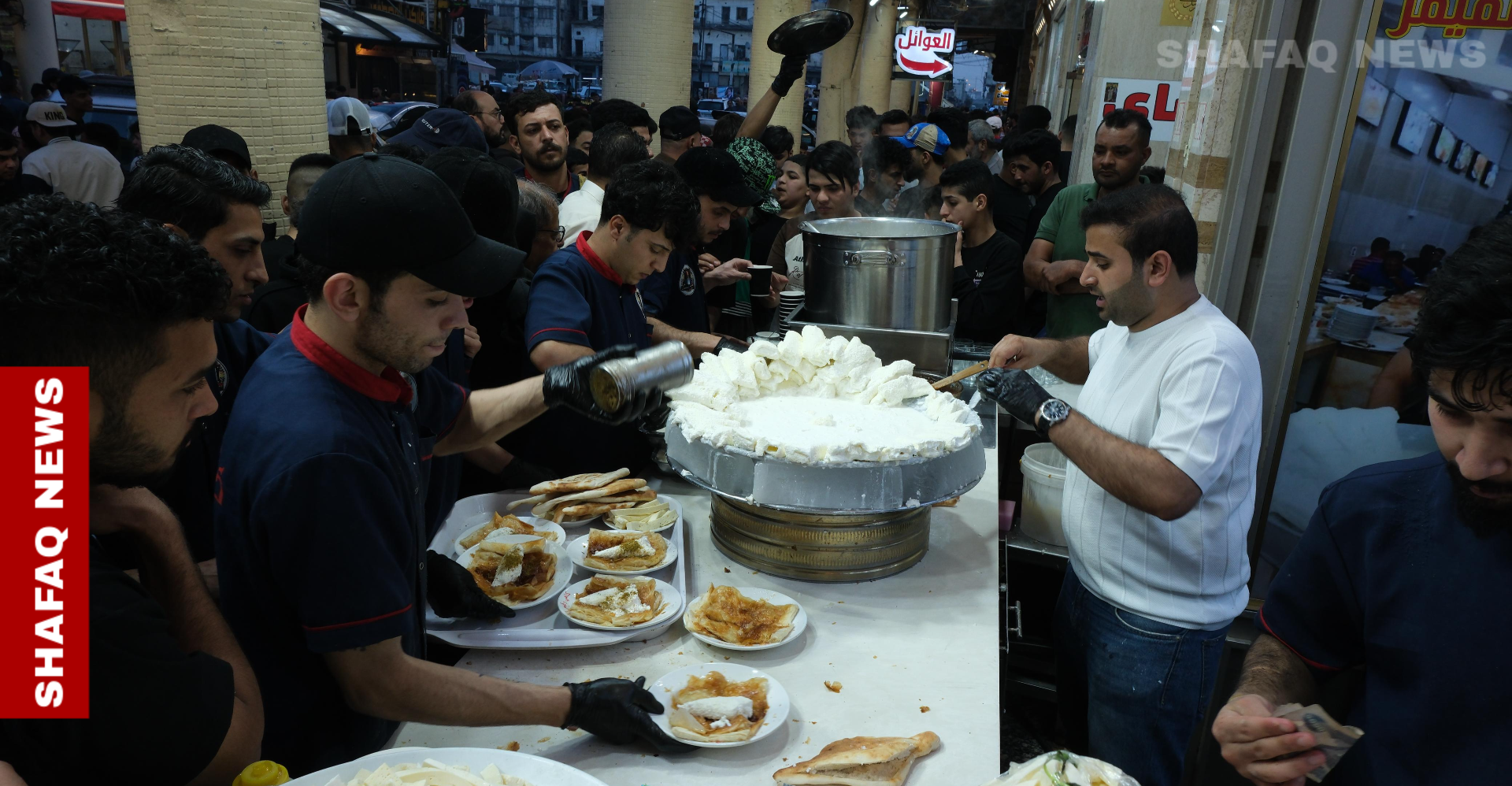ISIS militants kill father and son fishing in Saladin

Shafaq News/ A familiar routine turned tragic for a family in Saladin after ISIS militants killed two fishermen in a brazen attack earlier this week.
Talib Fadhel Mohammed, 52, and his son Mohammed, 20, embarked on their usual fishing trip in the Zarga Lake near their hometown of Tuz Khurmatu. However, their search for sustenance ended in a tragedy when they were targeted by ISIS gunmen.
The attack occurred in the Hawi al-Laban area, known for its water channels and proximity to Lake Amerli. This vulnerability has made it a recurring hideout for ISIS remnants, according to Maytham Nouri, the Kaimakam (district administrator) of Amerli.
Security sources believe the attack involved an ambush. Ali al-Bayati, a resident of Tuz Khurmatu, described Talib as a seasoned fisherman who, for decades, had provided for his family by selling his daily catch at the local market.
"Everyone knew Abu Mohammed (Talib)," al-Bayati told Shafaq News Agency. "He'd leave before dawn and return with his son in the afternoon. The Hawi area, unfortunately, is open water between Tuz Khurmatu and Tikrit – a known ISIS stronghold."
Talib, unaware of the lurking danger, likely steered his small boat into an area controlled by ISIS. The militants, spotting them, opened fire with sniper rifles, killing both the father and his son instantly.
News of the tragedy reached Talib's relatives and friends, who rushed to the scene alongside police and army personnel. A riverine unit retrieved the boat and transported the bodies to the Tuz Khurmatu morgue for forensic examination.
Despite the group's territorial defeat in 2017, it has maintained a presence in remote areas, particularly along the waterways and mountains bordering the governorates of Saladin, Diyala, and Kirkuk.
"We have information about their (ISIS) movements, and thermal cameras track their nighttime activities," he said. However, he said the vastness of the Zarga water system, which stretches towards the al-Udhaim valley in Diyala, makes comprehensive sweeps difficult.
In June 2014, the extremist hardline group invaded Mosul, Saladin, and al-Anbar governorates and parts of Diyala and Kirkuk. The territory was recaptured from the group in December 2017 by Iraqi forces with support from a US-led international coalition and Iran-backed groups.
Despite the passing of nearly seven years since the group was expelled from the region and the cities were recaptured, the organization's attacks continue, notably in rural areas of Kirkuk, Diyala, Mosul, Saladin, and al-Anbar.




